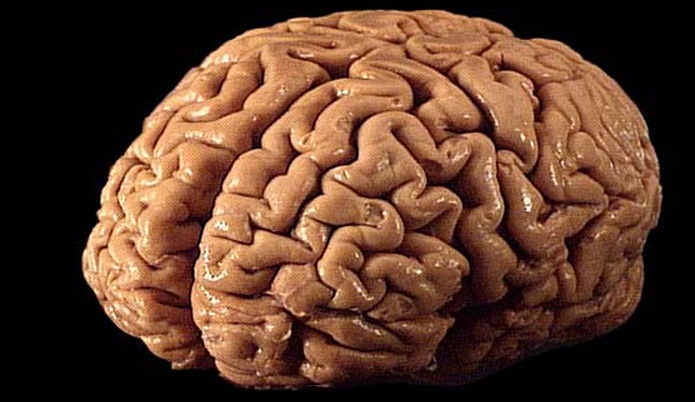7 signs of a nervous breakdown

That stressor can be anything from a bad break-up or money issues to grief or psychological burnout. The symptoms will vary from person to person. "Our bodies and minds respond to stress in different ways," Engle explains. But here are a few typical signs of a nervous breakdown:
Symptoms of anxiety and depression
"Anxiety and depression are common, common reactions [to stress]," says Engle. "Where you get into problems is when that stressor is ongoing and persistent, and the person's coping resources are overwhelmed." If you're headed for a nervous breakdown, you might feel weepy, or even experience episodes of uncontrollable crying, says Engle. Some people suddenly struggle with self-esteem and confidence. "Feeling guilt is a big one," she adds.
Sleeping too much, or not enough
A change in your sleep habits is another warning sign, says Engle. "Some people find that they go into sleep overdrive," she says. "Sleep becomes an escape." Others may develop insomnia because their brain is in overdrive. They may lay awake at night ruminating, she says, "mentally rehearsing situations over and over again that have no solution."
Fatigue
Extreme tiredness could also be a clue you're stressed to the max. You might even feel weakness in your body, Engle says. Activities you previously handled with ease may become increasingly difficult. And things that used to bring you joy may lose their appeal. That includes sex, Engle adds. Loss of libido is commonly linked to stress.
Changes in appetite
"Maybe you're not eating, or conversely, you might be overeating," says Engle. The stress hormone cortisol can trigger cravings for high-fat, high-sugar foods. What's more, when you're in the middle of a breakdown, you may be less motivated to prep healthy meals. "There's less ability to care for oneself in the way one typically would," says Engle.
Physical pain
Think headaches, or stomachaches. "For some people there might be a GI component," says Engle, such as diarrhea or constipation. It's no secret stress can do a number on your gut. It's known to cause a variety of problems with digestion.
Brain fog
Are you having trouble concentrating? Or just feel like you're not thinking clearly? There are often cognitive symptoms with a nervous breakdown, says Engle, which might include anything from difficulty with problem-solving and indecisiveness to a sense of disorientation and memory loss.
Trouble breathing
Keep an eye out for classic signs of anxiety too, such as tightness in your chest and rapid breathing. Taking quick, shallow breaths can ramp up the body's stress response even more. A breathing exercise designed to slow down your breath can provide fast relief. But if you experience trouble breathing on a regular basis, it's important to address the root of the problem.
What should you do if you have a breakdown?
Now is the time to prioritize self-care. Engage in healthy coping mechanisms that work for you. (Maybe exercise helps you blow off steam, for example, or your favorite hobby helps you unwind.) Talk with family members or friends you trust. And don't be afraid to seek professional help: "I always encourage someone to seek out the chance to speak with, or meet with, either a therapist, a psychologist or a social worker—but a licensed mental health professional," Engle says. "Going to get help is one of the most important things you can do."















































